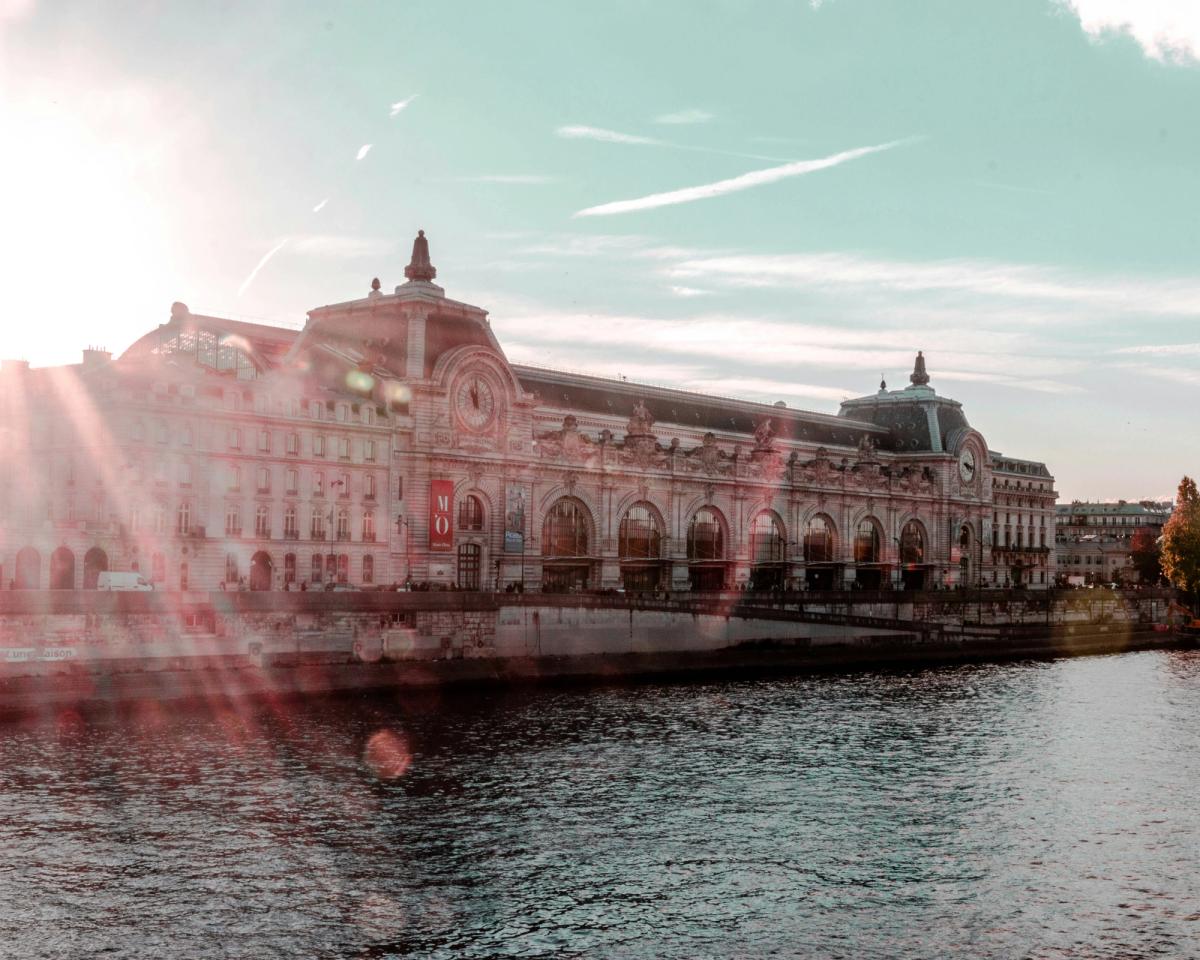The French national auditing body, the Cour des Comptes, has released a new report, which says that a lack of funds is hampering efforts by the state and museums from restituting Nazi-looted art to dispossessed Jewish families and their heirs.
The report mainly points the finger at the culture ministry, although it acknowledges that improvements have been made in the past decade after “long delays” since the 1990s.
Despite revitalisation efforts, the government unit in charge of looted art, which was created six years ago, is only composed of a staff of six. Its annual budget is a mere €220,000—although an extra €200,000 was added this year to support research into local museums. The report compares these figures with the German Lost Art Foundation, whose budget increased from €6m in 2015 to €12m in 2024, after its remit was expanded to include colonial artefacts.
According to the report, almost none of the French public museums have researched the provenance of acquisitions they made between 1933 and 1945, and there is also no public database on looted art, or art with problematic provenance, in France's public collections. Only two major institutions, the Musée du Louvre and the Musée d'Orsay, have hired provenance specialists; the former has two researchers on staff while the latter has one. The Rijksmuseum, in comparison, employs seven provenance researchers.
The paradox is that since 1945 France has built “one of the most thorough legal systems” for restitutions, the report says. But “research suffers from a lack of means, which has no justification” leading to “disproportionate delays” in repatriations. The auditors find this backlog “quite regrettable” at a time when provenance has been recognised as a priority commitment for museums worldwide.
The art market does not come out unscathed either. The auditor report recommends the introduction of a law forcing auctioneers and art dealers “to provide information on provenance of items upon official request”—a proposal likely to evoke a strong reaction from the trade. It also urges the state to provide better protection for dealers’ archives.


